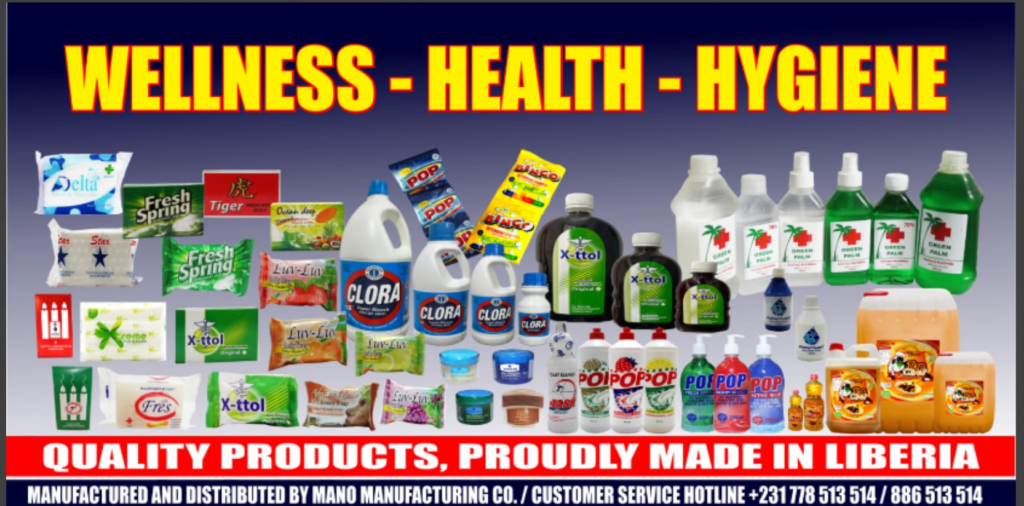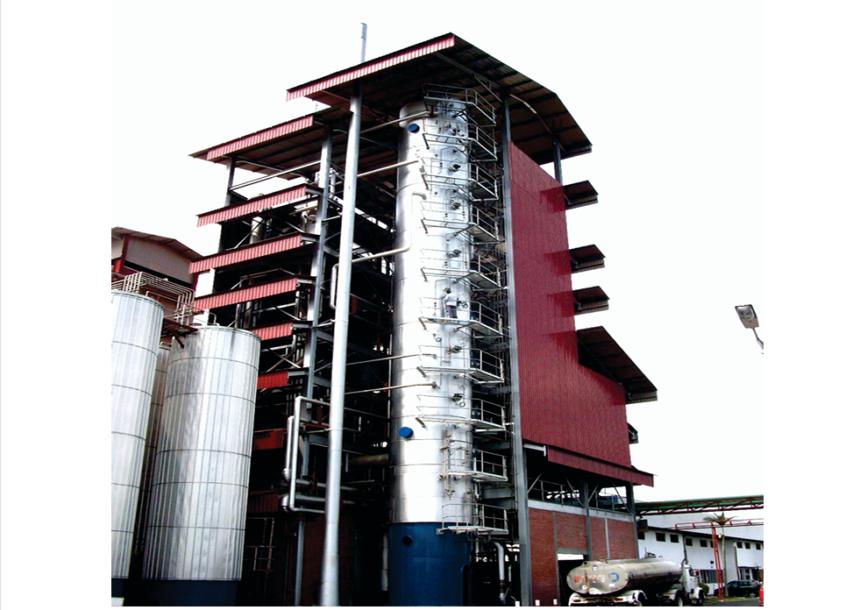By Emmanuel Sikena
Monrovia, Liberia – Liberia is on the cusp of a new era of industrial self-sufficiency with the announcement of its first-ever palm oil refinery, spearheaded by Mano Manufacturing Company. Scheduled to be commissioned in November 2025, this groundbreaking project promises to transform Liberia’s palm oil industry, injecting significant economic benefits and empowering local communities.
For years, Liberia has exported its crude palm oil in its raw, unrefined state, missing out on the opportunity to capture the full economic value of this valuable resource. The new refinery will change this, converting locally produced crude palm oil into high-quality refined, bleached, and deodorized (RBD) olein (cooking oil) and stearin, meeting stringent international standards.
“This is more than an industrial milestone,” said Mano Manufacturing Company in a statement. “It is a strategic commitment to retaining value within Liberia and empowering its people.”
The impact of the refinery is expected to be far-reaching, bringing a wave of positive changes to the nation:
- Economic Empowerment: The refinery will generate hundreds of direct and indirect jobs, strengthening domestic supply chains and reducing Liberia’s dependence on imported edible cooking oils. This will also integrate local smallholders into a traceable and transparent value chain, ensuring stable markets and fair pricing for their produce.
- Human Capital Development: Recognizing the importance of skilled labor, Mano Manufacturing Company is investing in comprehensive skills training programs, providing career pathways for young Liberians. These initiatives will cultivate future leaders in crucial sectors such as manufacturing, logistics, quality assurance, and technical trades.
- Community Transformation: Regions like Bomi and Grand Cape Mount counties are set to witness significant improvements in living standards, as families gain access to new sources of income and opportunities. For the first time, Liberians will have access to locally refined cooking oil, proudly produced on their own land, by their own people.
- Sustainability Leadership: The refinery is being built to meet the highest international standards, adhering to Roundtable on Sustainable Palm Oil (RSPO) guidelines and a rigorous No Deforestation, No Peat, No Exploitation (NDPE) policy. This commitment demonstrates that industrial progress and environmental stewardship can coexist harmoniously.
The development of this refinery is particularly critical for Liberia, as local manufacturing is a cornerstone of economic growth, job creation, and community resilience. It also supports small businesses, reduces reliance on global supply chains, and can lead to faster delivery and lower costs for consumers. Furthermore, local manufacturing often prioritizes sustainability and can build a stronger sense of community.
Key benefits of local manufacturing in Liberia include:
- Boosting the Economy: By supporting local businesses, the refinery will ensure that money stays within the community, stimulating economic growth.
- Creating Jobs: Local manufacturing will create jobs for both skilled and unskilled labor, raising living standards for Liberians.
- Strengthening Supply Chains: Local manufacturing will reduce the risk of disruptions from global supply chain issues, like transportation delays or customs issues.
- Faster Delivery: Products are less likely to get damaged in transit or stuck in customs, leading to quicker delivery times.
- Promoting Sustainability: Shorter transportation distances and a greater emphasis on sustainability within the community can lead to more eco-friendly practices.
- Community Resilience: A strong local manufacturing base can ensure essential goods are available in times of crisis.
- Protecting Intellectual Property: Local manufacturers are often subject to stricter IP laws, providing greater security for designs and innovations.
- Ensuring Quality Control: Local manufacturing allows for closer monitoring of quality and reduces the risk of damage during shipping.
- Reducing Costs: Sourcing materials and labor locally can lower overall production costs.
“At Mano Manufacturing Company, we believe the true value of palm oil is not in its export — but in its power to elevate a nation,” the company stated. “That is why we are committed to every step of the journey — from seed to bottle, sustainably and proudly in Liberia.”
The development of Liberia’s first palm oil refinery marks a significant step towards economic independence and sustainable growth, promising a brighter future for the nation and its people.
Amongst Mano Industries products include the following:












